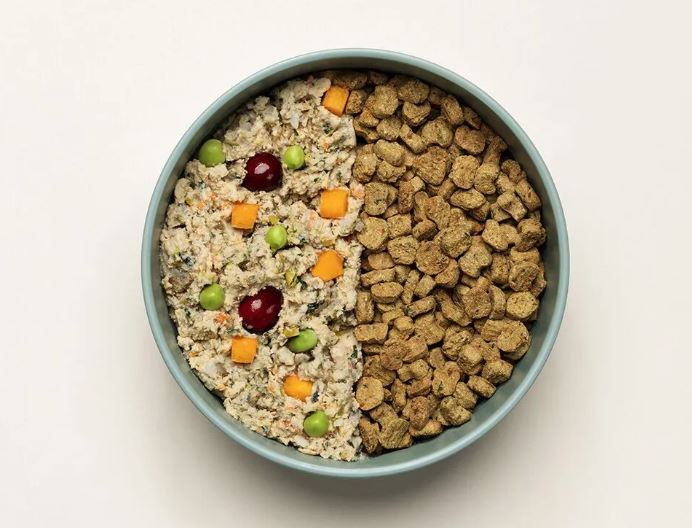The popularity of grain-free dog food has surged in recent years as pet owners seek to provide the best nutrition for their furry companions. This trend is rooted in the belief that a diet without grains is more in line with a dog's ancestral eating habits. In this article, we will explore the concept of Grain free dog food, its potential benefits, and considerations for pet owners contemplating this dietary choice.
Understanding Grain-Free Dog Food:
Grain-free dog food is formulated without common grains such as wheat, corn, soy, and rice. Instead, it often relies on alternative sources of carbohydrates, such as sweet potatoes, peas, lentils, and chickpeas. The premise behind this dietary choice is to mimic a more protein-centric, ancestral canine diet, as some believe that dogs in the wild primarily consumed meat.
Potential Benefits of Grain-Free Dog Food:
Food Allergies and Sensitivities: Dogs, like humans, can develop allergies or sensitivities to certain ingredients. Grains are a common source of allergens for some dogs, and switching to a grain-free diet may help alleviate allergic reactions and digestive issues.
Weight Management: Grain-free dog food may contribute to weight management, as these diets often have higher protein content and lower carbohydrate levels. The increased protein can help dogs feel fuller for longer, potentially reducing overeating and aiding in weight control.
Healthy Skin and Coat: Advocates of grain-free diets suggest that the absence of grains can promote healthier skin and a shinier coat in dogs. Essential fatty acids from alternative ingredients, such as fish and flaxseed, are often included to support skin and coat health.
Considerations for Pet Owners:
Nutritional Balance: While grain-free dog food can offer benefits, it is crucial to ensure that the chosen diet provides a balanced and complete nutritional profile. Consultation with a veterinarian is recommended to assess the specific needs of an individual dog, considering factors such as age, breed, and health status.
Cost Considerations: Grain-free dog food may be more expensive than traditional dog food. Pet owners should weigh the cost implications against potential benefits to determine if the investment aligns with their budget and their dog's nutritional requirements.
Individual Variability: Dogs, like humans, have individual dietary needs and preferences. Some dogs thrive on a grain-free diet, while others may not show any significant improvement. Monitoring a dog's response to dietary changes is essential to determine the most suitable food for their well-being.
Our Services:-
Conclusion:
Grain-free dog food has gained popularity for its potential benefits in addressing food allergies, supporting weight management, and promoting a healthy coat. However, it's important for pet owners to approach this trend with careful consideration, taking into account the nutritional needs of their individual dogs. Consulting with a veterinarian and monitoring the dog's response to dietary changes can help pet owners make informed decisions about whether to adopt a grain-free diet for their beloved companions. Ultimately, the goal is to provide dogs with a well-balanced and nutritionally complete diet that contributes to their overall health and happiness.





Comments